Go Cuan Bhéil Inse casadh mé
Cois Góilín aoibhinn Dairbhre
Mar a seoltar flít na farraige
Thar sáile i gcéin.
I Portmagee do stadas seal,
Fé thuairim intinn maitheasa
D’fhonn bheith sealad eatarthu
Mar mháistir léinn.
Is gearr gur chuala an eachtara
Ag cách mo léan!
Gur i mBord Eoghain Fhinn do chailleathas
An t-árthach tréan.
Do phreab mo chroí le hatuirse
I dtaobh loinge an taoisigh chalma
Go mb’fhearrde an tír í ‘sheasamh seal
Do ráib an tséin.
.
Mo chiach, mo chumha is m’atuirse!
Mé im iarsma dubhach ag ainnise
Is mé síoraí ‘déanamh marana,
Ar mo chás bhocht féin!
Mo chuid éadaigh chumhdaigh scaipithe,
Bhí déanta cumtha, ceapaithe,
Is do thriaill thar thriúcha Banban
Mar bhláth faoi mo dhéin.
Iad bheith imithe san fharraige
Ar bharr an scéil,
Is a thuilleadh acu sa lasair
Is mé go támhach trém néal;
Ba thrua le cách ar maidin mé
Go buartha, cásmhar, ceasnaithe,
Is an fuacht a chráigh im bhalla mé
Gan snáth ón spéir!
.
Ní hé sin is mó a chealg me
Ná chráigh mé arís im aigne,
Ach nuair chínn féin fuadar fearthainne
Gach lá faoin spéir;
Neart gaoithe aduaidh is anaithe
Is síon rómhór gan aga ar bith,
Tinte luatha lasrach,
Is scáil na gcaor.
Chrom an uain ar shneachta ‘chur
Le gála tréan
Ar feadh deich n-uair gan amharca
Le fáil ar ghréin.
Na doitheanna cruadha peannaide
A líon rómhór den ghalar mé,
D’fhág suim gan suan ar leaba mé
Go tláth i bpéin!
.
Dá shiúlfainn Éire is Alba
An Fhrainc, an Spáinn is Sasana,
Agus fós arís dá n-abrainn
Gach aird faoin ré,
Ní bhfaighinnse an oiread leabhartha
B’fhearr eolas agus tairbhe
Ná is mó bhí chum mo mhaitheasa
Cé táid ar strae.
Mo chreach! mo chumha ina n-easnamh siúd
Do fágadh mé!
Is mór an cúrsa marana
Agus cás liom é
Mallacht Dé is na hEaglaise
Ar an gcarraig ghránna mhallaithe,
A bháigh an long gan anaithe
Gan ghála, gan ghaoth.
.
Bhí mórán Éireann leabhartha,
Nár áiríos díbh im labhartha,
Leabhar na Laighneach beannaithe
Ba bhreátha faoin spéir.
An “Feirmeoir” álainn, gasta, deas,
A chuireadh a shíol go blasta ceart,
Thug ruachnoic fraoigh is aitinn ghlais
Go gealbhánta féir.
Scoirim as mo labhartha
Cé chrádar mé,
Is ná cuirfeadsa aon ní ar fharraige
Go brách lem ré;
Moladh le Rí an nAingeal ngeal,
Mo shláinte arís a chasadh orm,
Is an Fhoireann úd ón anaithe
Gan bá ‘theacht saor!


Responses